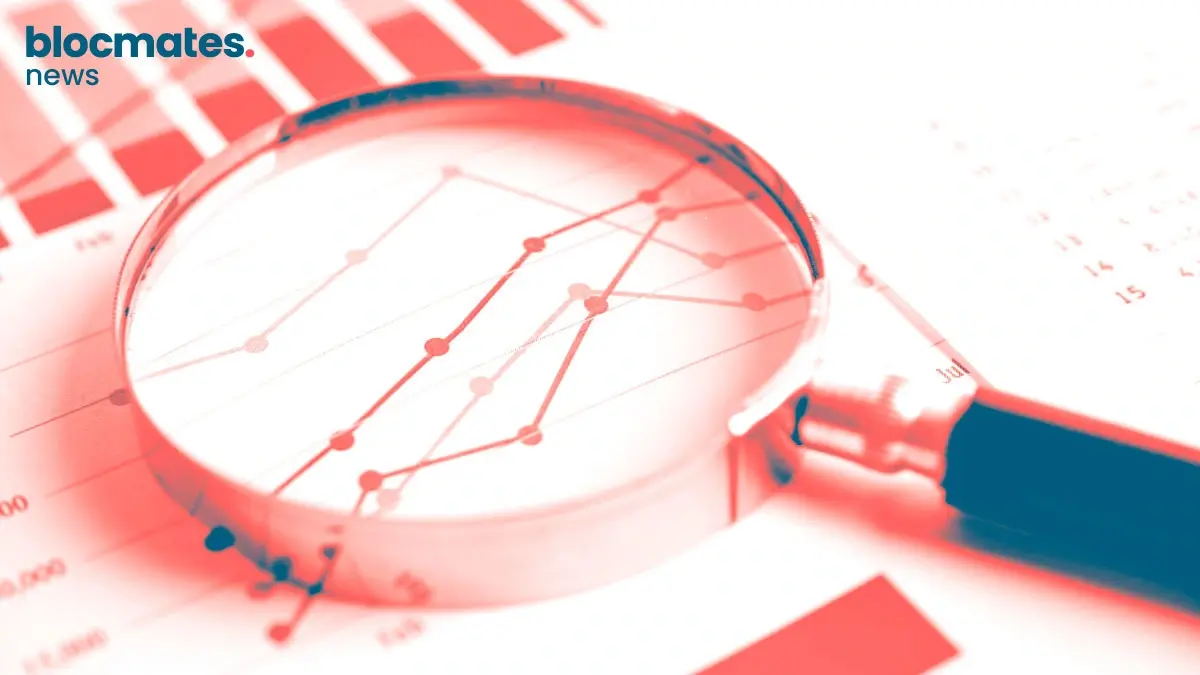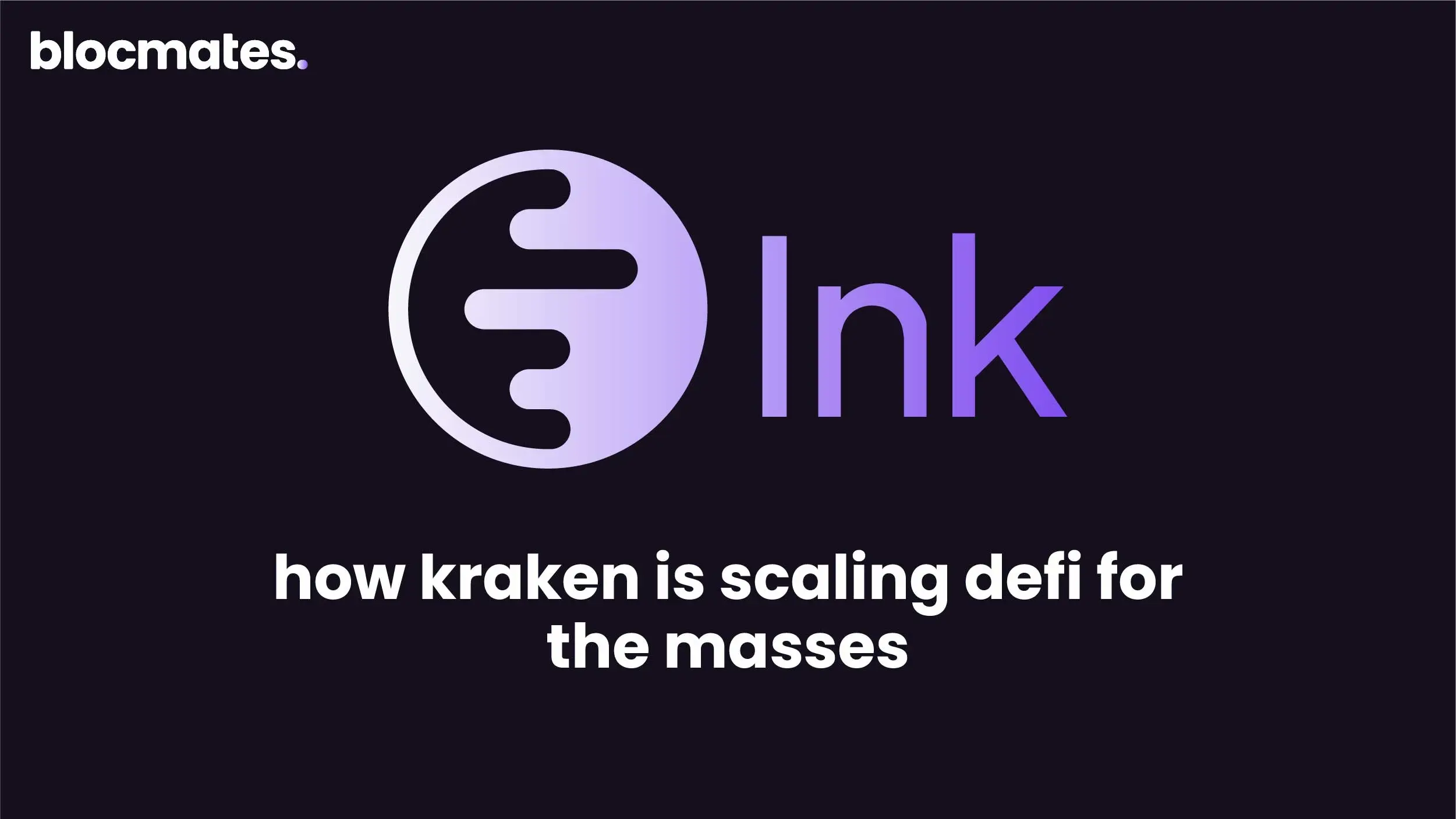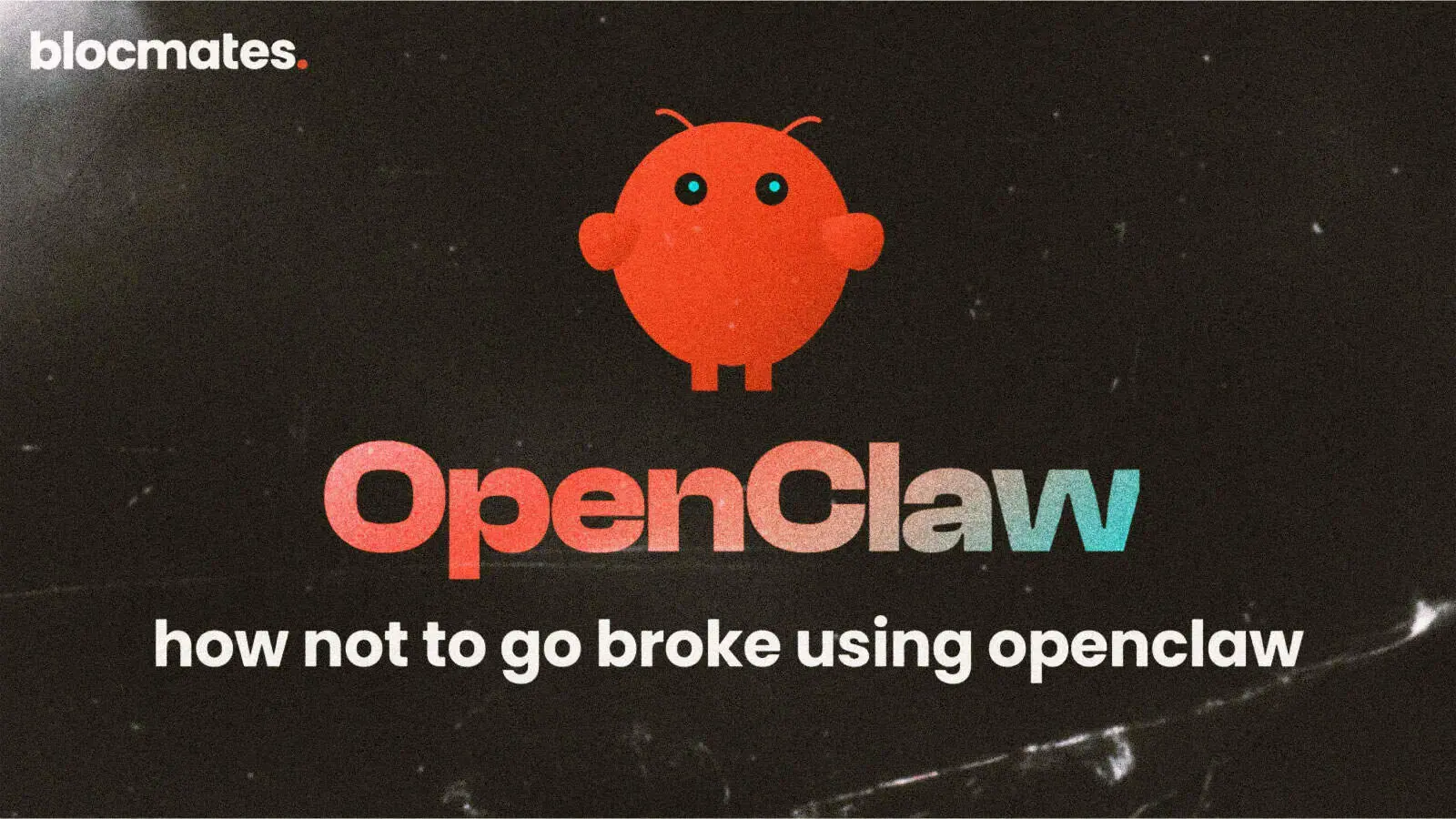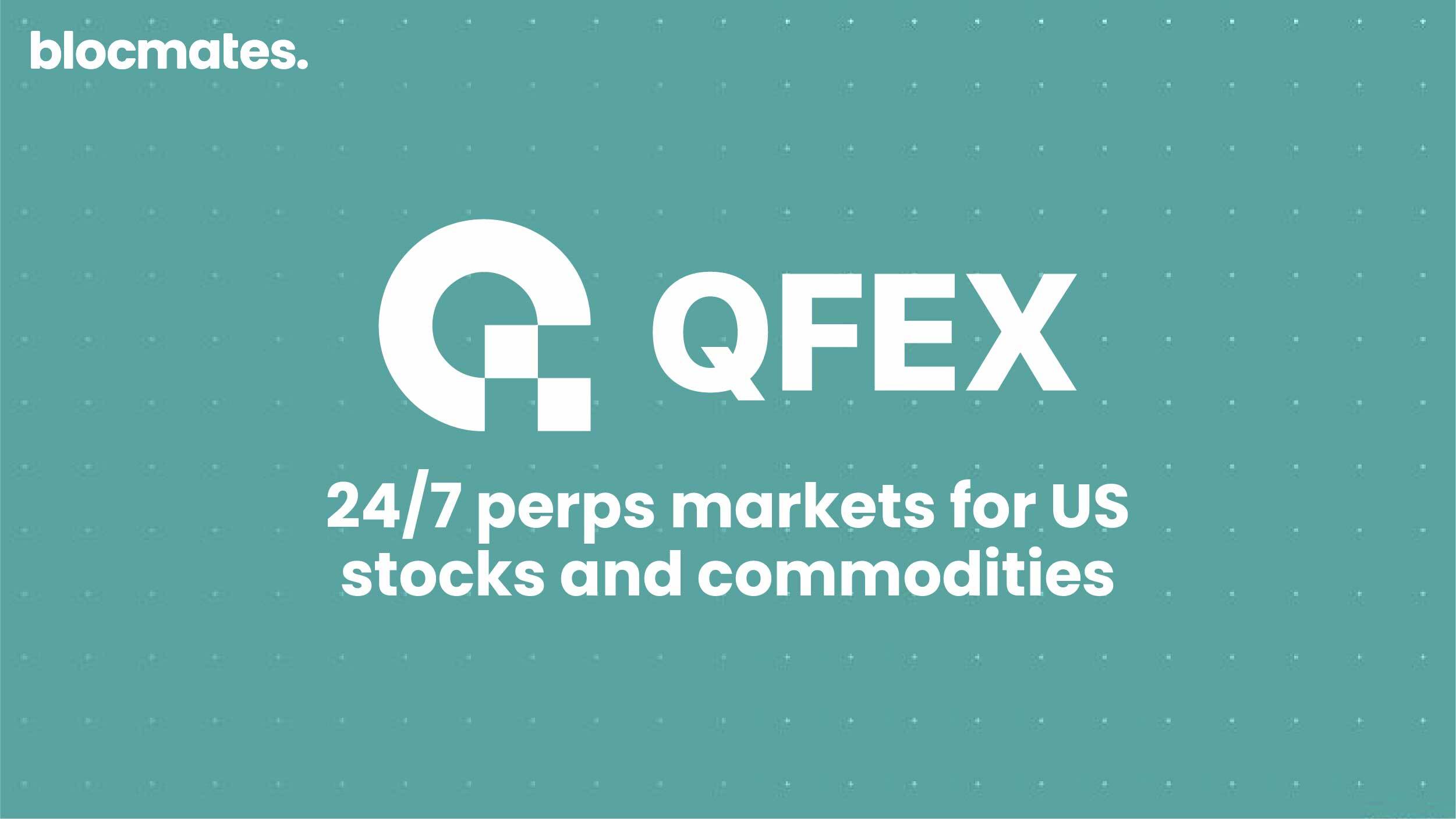The U.S. Department of Commerce is preparing to put some of its most important economic data directly on the blockchain. Commerce Secretary Howard Lutnick said the agency will begin with publishing gross domestic product (GDP) figures, with other indicators expected to follow.
Blockchain for economic reporting
Speaking during a cabinet meeting with President Donald Trump on Tuesday, Lutnick said the move reflects the administration’s push to use blockchain and digital assets in government operations.
“The Department of Commerce is going to start issuing its statistics on the blockchain, because you are the crypto president,” Lutnick told Trump.
The idea is that blockchain publication could add transparency to data releases that have wide-reaching market and policy implications. GDP, which measures the size of the U.S. economy, is watched closely by global investors, businesses, and policymakers.
Lutnick suggested that other economic datasets, such as employment numbers or even census results, could eventually follow.
While much of this information is already public, placing it on-chain would make it tamper-resistant and easier to distribute, creating what some see as a more trustworthy system of record. Still, details such as which blockchain will be used and when the rollout will begin have not been disclosed.
Part of a wider strategy
Lutnick framed the decision as part of a broader technology-first strategy under Trump’s presidency. In a recent post on X, he wrote: “This Administration is going to use bitcoin, digital assets, and blockchain to drive America forward and remain the leader in the global economy.”
The move also comes at a time when governments around the world are testing blockchain for official uses. Countries such as Singapore and Estonia have experimented with blockchain-based systems for financial reporting and public records.
The U.S. initiative, starting with GDP, could signal a more ambitious adoption of blockchain for government transparency. For now, the Commerce Department has not provided a timeline or technical details.
But if implemented as described, blockchain-based reporting would mark one of the first large-scale uses of the technology in U.S. federal economic data.


































.webp)

.webp)
.webp)

%20(1).webp)



























































%202.webp)


.webp)

.webp)
.webp)
.webp)


.webp)
.webp)

.webp)
.webp)
.webp)


.webp)
.webp)










.webp)


.webp)









.webp)







.webp)




.webp)


























.webp)







.webp)















.webp)

.webp)
.webp)

.webp)














.webp)

.webp)


.webp)








.webp)




